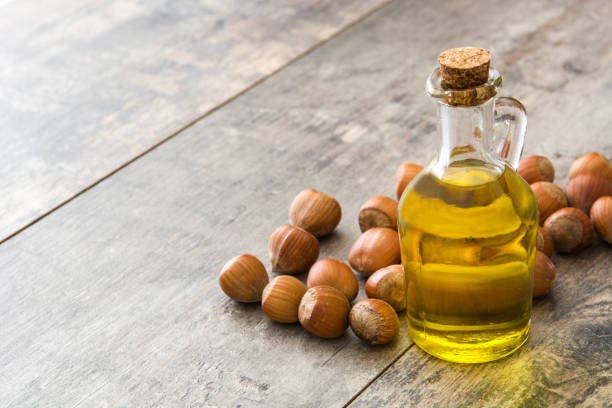Wondering if there are foods you can eat to support lactation and naturally increase breast milk production? Well, many foods are considered galactagogues, which can help you produce more breast milk.
Overview
All over the world, women from different cultures consume certain foods that produce milk immediately after birth and while breastfeeding.
Some of these foods are full of vitamins and minerals, and others contain chemicals that can help produce breast milk. Whatever the reason, these breastfeeding superfoods are thought to promote and support a healthy supply of breast milk.
There is little research on foods that increase milk production, but the following foods may help.
Oatmeal
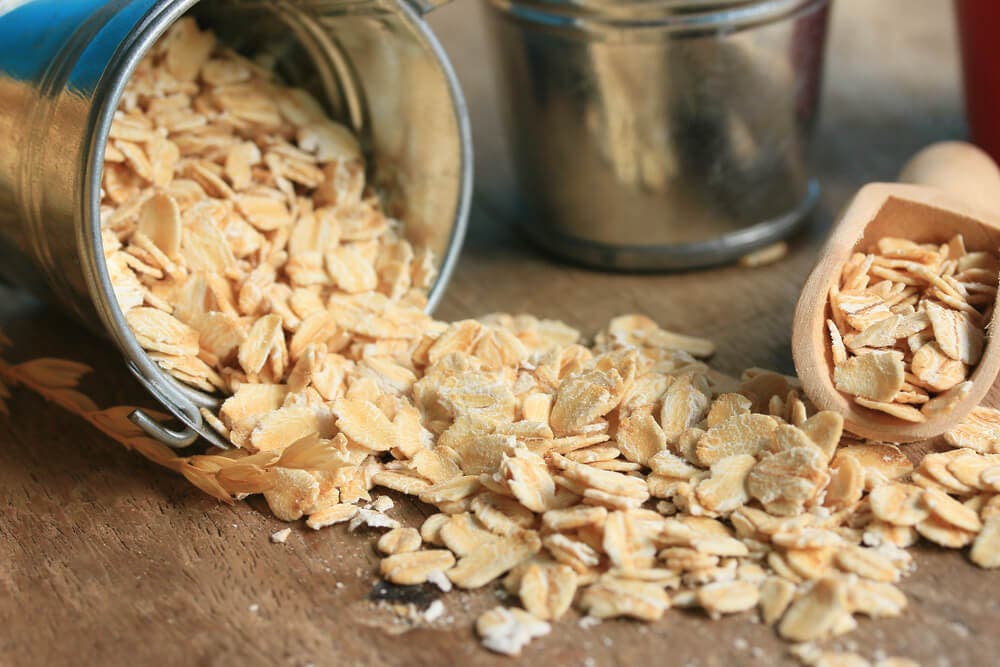
Anecdotal reports suggest that oatmeal is one of the best foods for increasing milk production. It is also a rich source of certain nutrients that are important for breastfeeding mothers and their babies.
Among these foods are the following:
- fibers
- iron
- magnesium
- zinc
Research suggests that oatmeal is popular among breastfeeding women because it is very rich in iron. Low iron levels can lead to reduced milk production.
Oats are also very strong and easy to prepare, so they make a good meal.
Bread Yeast
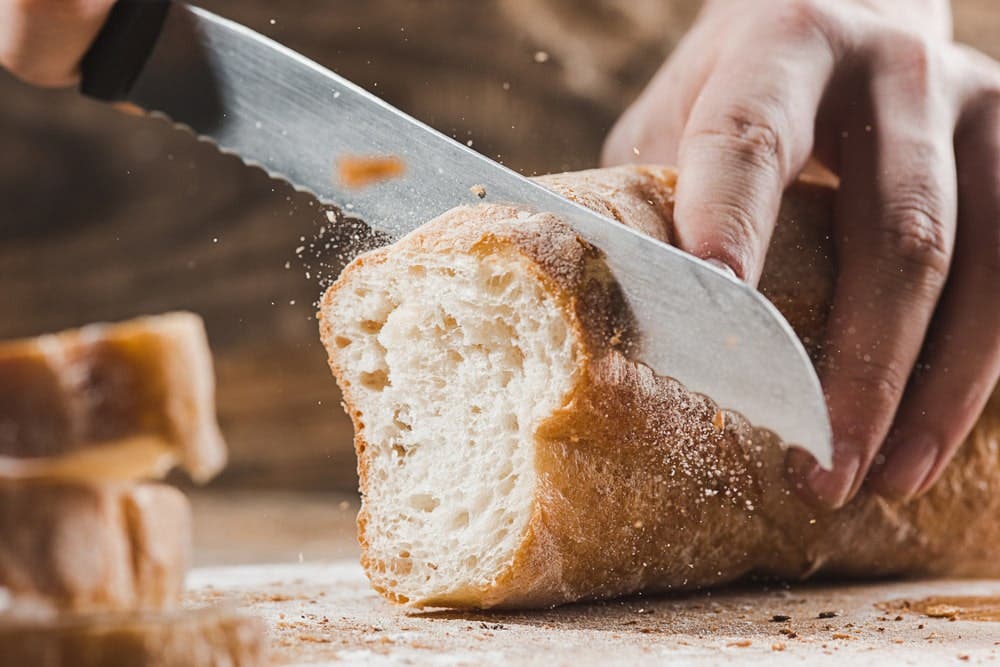
Bread yeast is a type of fungus used in the production of bread and some beverages. Some people also consume it because it acts as a probiotic and improves gut health.
Bread yeast is also rich in
- proteins
- B vitamins
- iron
- trace elements
Many people say that baker’s yeast has the ability to increase milk production. This type of yeast is generally safe to consume while breastfeeding. But more research is needed to understand its effects on milk production.
Fenugreek Seeds
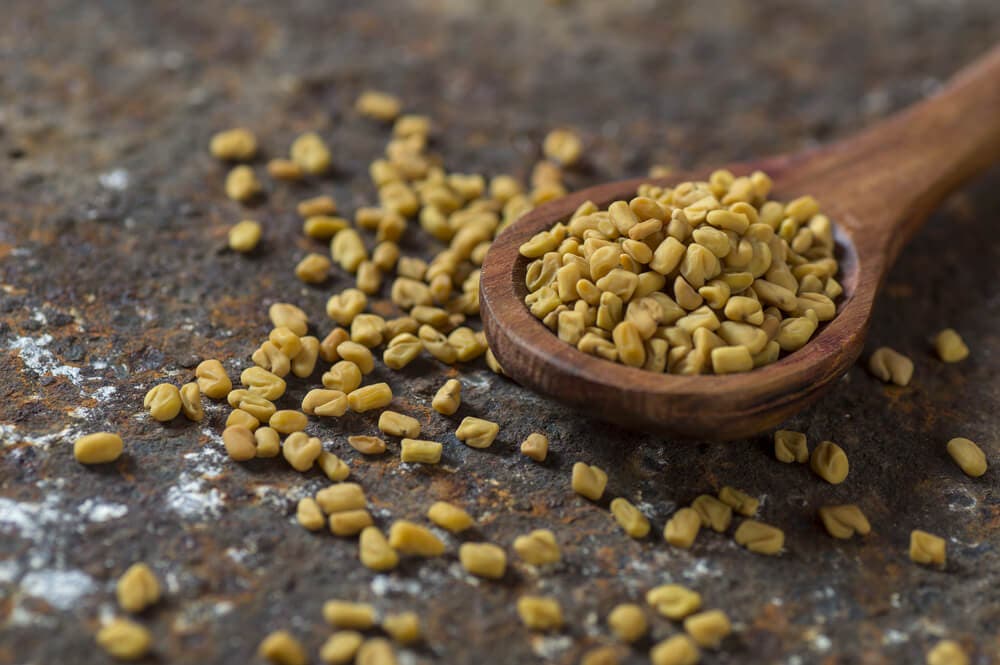
Fenugreek is used in many recipes, especially in Asian countries, and is also used in many recipes to increase breast milk.
One older study found that consuming three cups of fenugreek tea a day led to a significant increase in breast milk production compared to placebo teas. However, these studies do not support these findings.
Fenugreek can also cause
- diarrhea
- worsening of asthma symptoms
- breast milk, urine and sweat smell like fenugreek
Some health authorities recommend avoiding fenugreek during pregnancy because it can affect uterine contractions. There is also a lack of research on the risks of using fenugreek during breastfeeding.
Garlic
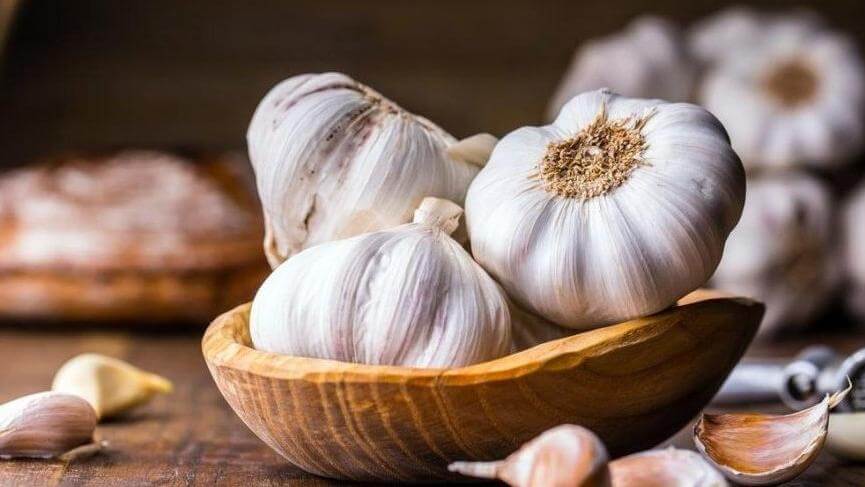
Consuming garlic or taking garlic supplements can increase milk production in some women. In some countries, such as India, garlic is used to increase breast milk production, although there is no research to show how effective it is.
However, consuming too much garlic can cause breast milk to smell. Some babies do not like this and may prefer to suckle at shorter intervals.
Fennel Seed
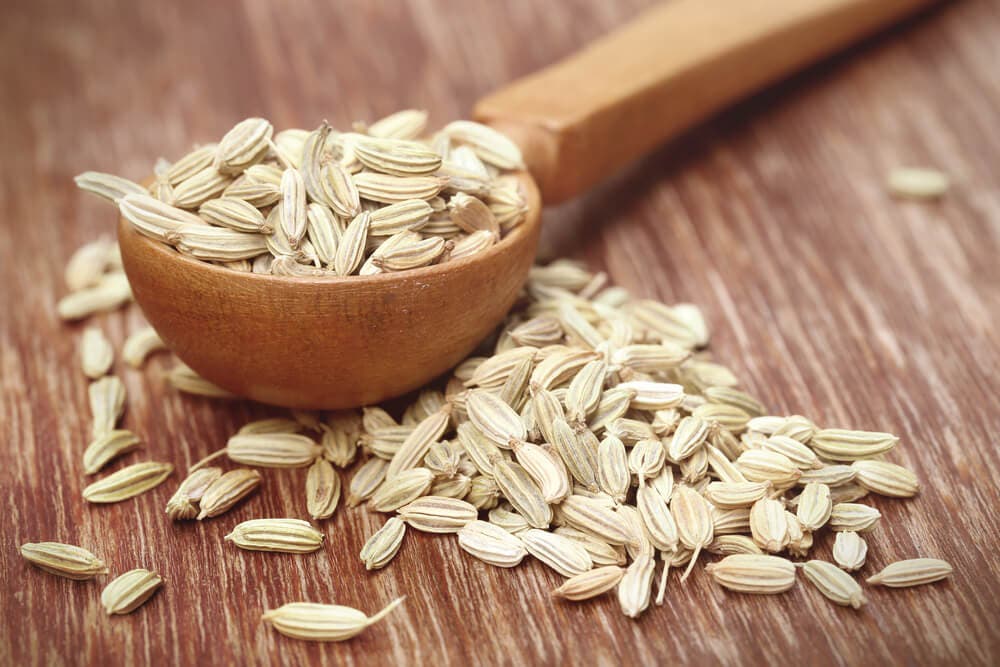
Fennel seed is a common ingredient in teas and supplements that are said to increase breast milk production.
According to some studies, taking fennel seeds during breastfeeding can increase milk volume and fat content and thus help the baby gain more weight.
Protein Rich Foods
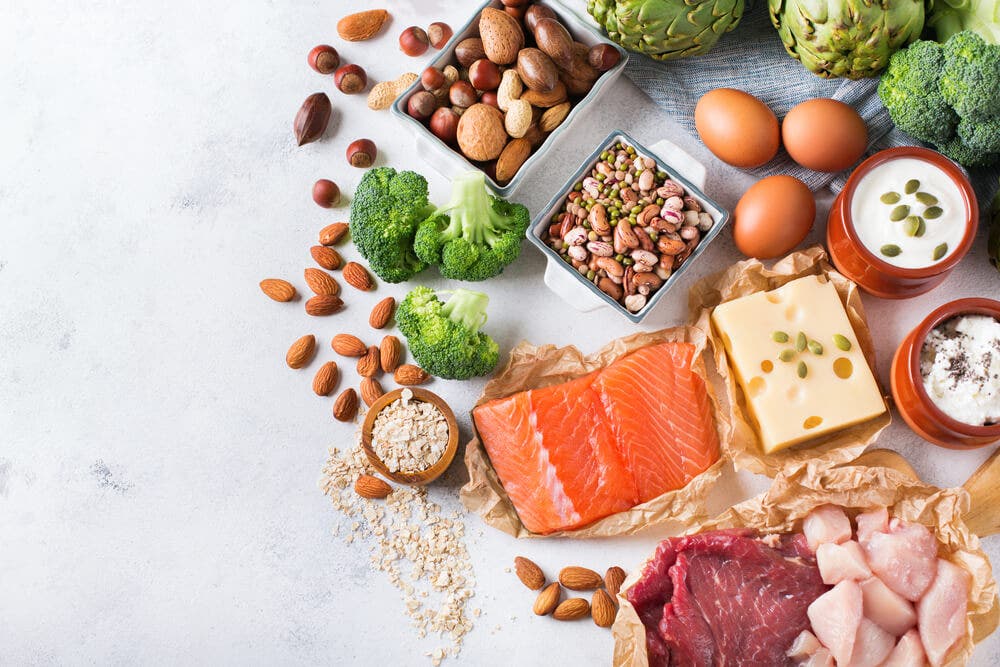
Protein is an essential ingredient in breast milk production and passes from mother to baby, nourishing it and supporting its growth. For this reason, breastfeeding women should have an extra 25 grams of protein per day.
It is important to eat plenty of protein-containing foods every day to maintain milk production.
Good sources of protein include:
- lean meat
- egg
- lentils and cereals
- tofu
- nuts and seeds
Fish is another powerful source of protein. However, pregnant or breastfeeding women are advised to avoid fish with high mercury levels during this period. Mercury levels are higher especially in fish species that are large in size and live in deep water. For this reason, it is beneficial to consume fish species that are small in size and prefer to swim in shallow waters.
Leafy Green Vegetables
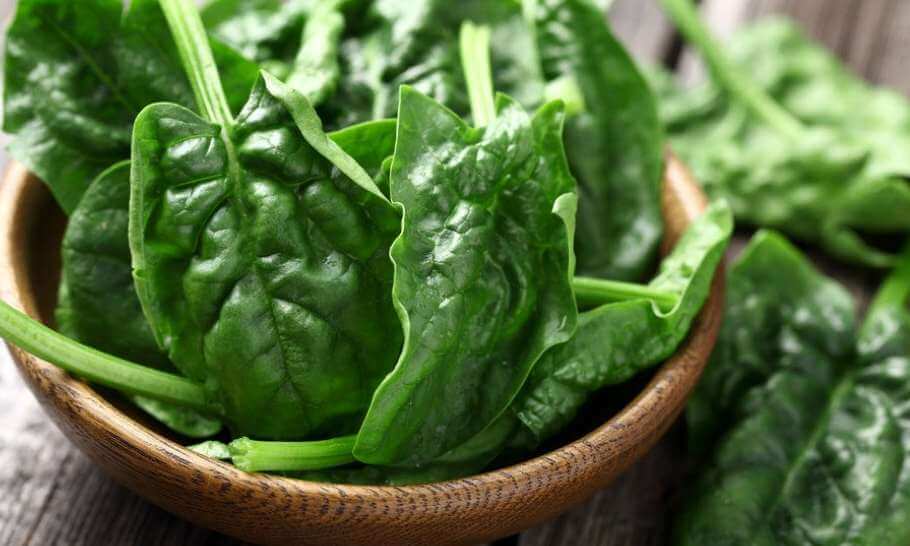
Many fruits and vegetables, such as leafy green vegetables, can increase milk production.
Some of the leafy green vegetables are as follows:
- beet leaves
- dandelion leaves
- black cabbage
- Parsley
- spinach
- watercress
Eating a wide variety of vegetables while breastfeeding has other benefits for both mother and baby. According to one study, it can encourage breastfeeding babies to consume more fruits and vegetables as they grow older.
A varied diet can help prevent many common nutritional deficiencies during breastfeeding and pregnancy. These deficiencies include:
- magnesium
- Vitamin B-6
- folate
- calcium
These vitamins and minerals are found in leafy green vegetables in various amounts.
Alfalfa Sprouts (Alfalfa Sprouts)
Alfalfa is a type of chickpea. People add it to salads, dishes, teas and use it as a dietary supplement. Alfalfa can contribute to milk production.
Although there are no clinical trials on this, some women report an increase in milk production. Alfalfa is often added to milk teas and supplements.
Sesame
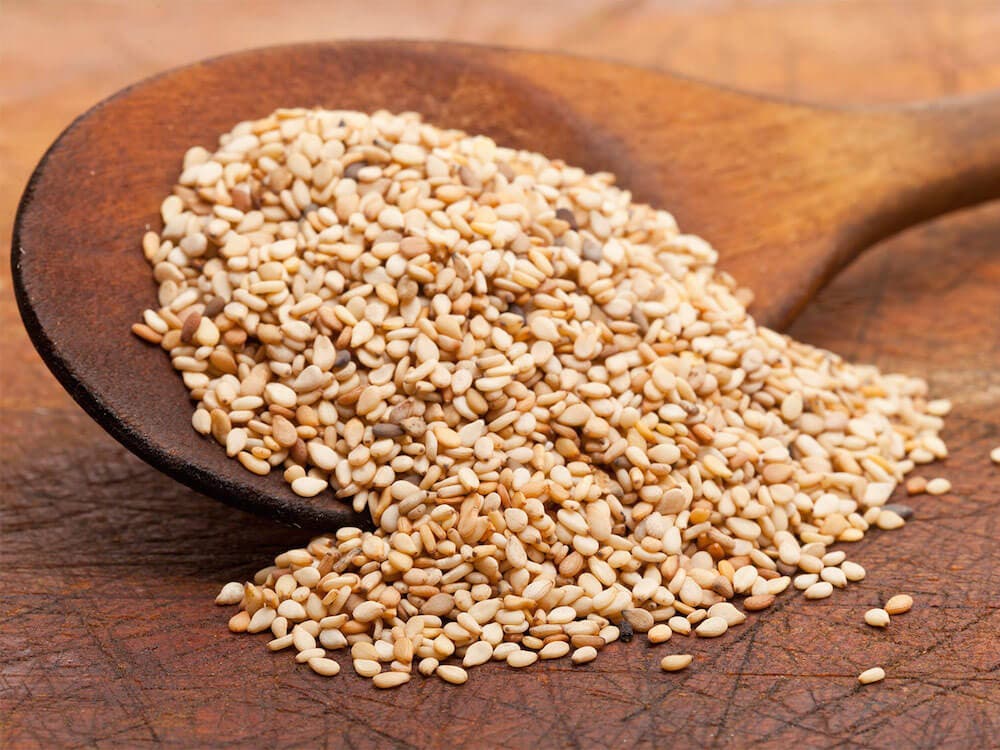
In some countries, lactating women consume sesame cakes to increase their milk production. Sesame is rich in calcium, which may explain some of its effects on milk production.
Calcium intake during pregnancy and breastfeeding is particularly important because it helps maintain the bone health of both mother and baby. Consuming too little of this mineral while breastfeeding can lead to low-calcium milk.
The recommended daily calcium intake for breastfeeding adults is 1000 milligrams. 3 tablespoons of sesame seeds provide more than 25% of this amount.
Foods to Avoid

Many women don’t think there are foods they should avoid while breastfeeding, but others say that certain foods and drinks can reduce milk supply and sometimes make the baby restless.
Here are the foods that usually cause problems:
- caffeinated products such as coffee, tea, chocolate
- dairy products
- herbs such as parsley, mint and thyme
- spices such as cinnamon and isot
- some fruits such as citrus fruits, kiwi, plums and pineapple
- vegetables that are a source of gas, such as onions, cabbage, broccoli and cauliflower
But it is important to remember that every woman and baby is different. Keeping a diary and looking for a pattern will help you identify problem foods.
Other Tips for Healthy Milk Production

Dietary choices can support milk production, but there are other ways to increase milk production. These include:
- breastfeeding too soon after birth
- frequent breastfeeding at the baby’s request
- expressing milk after breastfeeding
- drink plenty of water
- get plenty of rest
- reduce stress with meditation and exercises
- using a nursing bra
- avoid alcohol and nicotine
- to ensure that the baby’s suction is efficient
- getting support from lactation consultants if there is a problem
- consulting your doctor about the medicines you are taking, as some of them can reduce milk production
Conclusion
When breastfeeding ends prematurely, it is often due to insufficient milk production. Many women can increase milk production through dietary and lifestyle changes.
For example, eating more leafy green vegetables, protein-rich foods, and certain herbs and seeds can promote healthy milk production. Eating a wide variety of nutritious foods also has many other benefits for both mother and baby.
It is important for breastfeeding women to talk to their doctor or lactation consultant if they have any concerns about the quantity or quality of their milk.
Read also:
- How do I check my gastrointestinal function?Stomach pain, constipation or diarrhea, bloating, belching, heartburn? These are all symptoms of problems in the gastrointestinal tract. It starts with the mouth and esophagus and ends with the intestines and rectum.
- What are the benefits of hazelnut oil for the skin?Hazelnut oil is rich in vitamins and essential fatty acids that nourish the skin. Here are a few reasons why you should add this oil to your skin care routine.
- Immune-boosting aromatic oilsThere are many products and treatments that can help your body to build a natural resistance to the harsh winter months, and aromatherapy is one of them. There are many studies supporting the healing power of aromatherapy and it is good for both mental and physical health. Aromatic essential oils also have many health benefits… Read more: Immune-boosting aromatic oils
- Marula Oil Benefits, Uses, and PrecautionsMarula Oil is an exotic oil that comes from the African Marula tree. It’s a good ingredient for skin, hair, and nails. Learn more about the benefits and precautions of Marula Oil with our guide.
- Goal setting for students, children and young peopleRemember when you learned how to set goals? If you have trouble answering this question, you are not alone! Most of us don’t spend much time thinking about how we set our goals. In fact, many of us don’t even think of goal setting as a skill; rather, it’s something we do without much thought.… Read more: Goal setting for students, children and young people
The articles on this site are for information purposes only. The site administrators are not responsible for attempting to apply any recipe, advice or diet, nor do they guarantee that the information provided will help or harm you personally. Be cautious and always consult a doctor or nutritionist!
*All products recommended are selected by our editorial team. Some of our articles include affiliate links. If you buy something through one of these links, you help us earn a small commission from the seller and thus support the writing of useful and quality articles.




